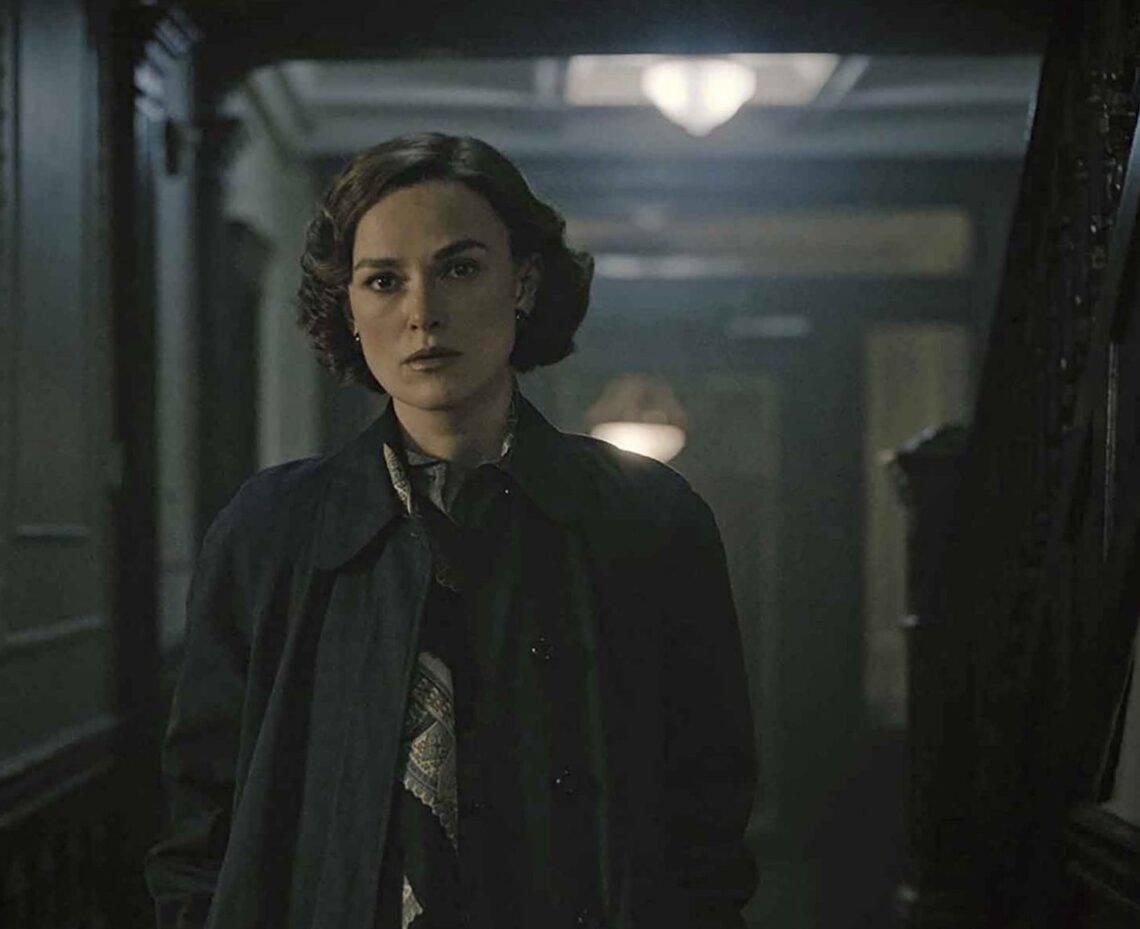It’s certainly a vexing true-life saga: the essentially unsolved crime career of the Boston Strangler, from 1962 to 1964, in which 13 women were killed and for which a single loser, Albert DeSalvo, was arrested and sent to prison, where he was knifed to death in 1973, assailant unknown. Even a Wikipediac acquaintance with the case leaves you gaping and grasping at inconsistencies, primarily DeSalvo’s famous, error-filled, and inadmissible confession; the pernicious participation of celebrity defense lawyer F. Lee Bailey; the possibility of there being more than one Strangler; and the fact that at the time, several Boston men killed inconvenient wives and mistresses using the publicized Strangler-style as camouflage.
The tale reeks of still-kept secrets and official skullduggery, and Hollywood has been there from the outset: Richard Fleischer’s The Boston Strangler, starring Tony Curtis as DeSalvo, came out four years after the last killing, in 1968, and other movies have followed, plus true-crime podcasts and TV policier episodes. This new, Hulu-streaming Boston Strangler takes a refreshing tack, focusing not on the killer or the cops but on the glass-ceilinged female journalists Jean Cole (Carrie Coon) and Loretta McLaughlin (Keira Knightley) who first reported, for the Boston Record American, that the initial killings shared an MO and were therefore connected.
You can probably already see this film being made in your head — director Matt Ruskin wants it to be his Zodiac (2007), but it has neither the David Fincher chops nor the expansive running time to make that happen. Ruskin does cop the vibe — the desaturated period tone (the ’60s were apparently the color of tile mold), the forensic gravity, the aggregation of facts and revelations — and far be it for me to deny the basic pleasure of investigative tension, especially when it’s “true.” But you can feel the script tighten like a noose as short rushed scene after scene scraps character…
Read the full article here







